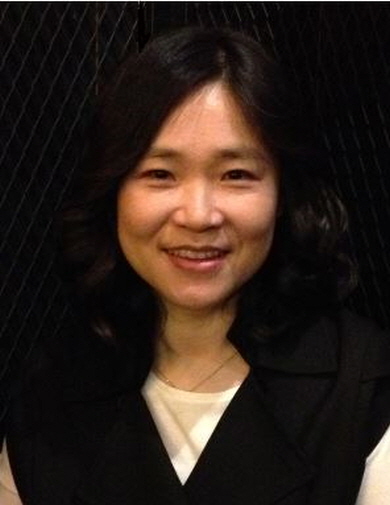
In your youth, you might have heard the perplexing question, “Who do you like more between mom and dad?” To disappoint the questioner’s anticipative curiosity, a normal kid would have answered “Both.” However, the real problem was asking to pick one between the two choices. A good question would have been, “Most kids around your age like both your mom and dad. Is this the case for you too?” Since not every child grows in a normal family where both parents are present, you should refrain from asking such abrupt questions.
One might say that nobody would ask such a difficult question to a child. However, the question is actually a complex one. It seems simple and easy, but it requires the distortion and deletion of many left-outs. Above all, the child may like neither mom nor dad, but only grandmother. Our choices may exist “outside” what the question suggests.
We are now living in an age of prepared choices and fixed ideas in which one is often expected to choose answers without careful deliberation. We are just too busy picking an answer, without taking a second to realize that our answer might lie outside the spectrum of choices. From now on, let’s rethink the question before answering it. Let’s exercise a veto against things that require simple choices. Let’s practice answering like this: “The answer lies between the two” or “My answer is rather long, can I speak at length?” To avoid sounding arrogant, one has to assume a cheerful tone in answering this way.
Usually when I speak about things I don’t like or am not familiar with, I, too, sometimes speak conclusively. Such a definite mode of speech usually goes wrong when it is used to describe a person. When you talk about someone you love, don’t you need to start by giving a long long story? Endeavoring to read the hidden context, detailed reason and complex relation are no different from giving life to the object of your description.
For some reason, the trend nowadays seems to be simpleness. One has no trouble judging things away and has no time to listen to complex or long stories about differences. Even a simple organism demands complex conditions of life. Indeed the complexity of living forms results from how they are continuing to evolve in order to produce subtle differences. The appearance of similitude often reveals splendid differences in close observation. These differences when put together often create something entirely new. There are no identical things among things alive. Differences are evidence of aliveness. Simple question, simple answer and simply evaluating are alike killing things with different grains, things placed in between, and things beautiful all the more for its complexity.
I heard that people nowadays say “some,” when speaking of the ambiguous relationship between friend and lover. I love how those words were made. Actually, there are not many words used to explain “relationships” these days. Being an emotionless friend or passionate lover is like a class with only the grades A+ or F. Most relationships lie somewhere in between. Unless you abruptly judge the relationship and conclude that the two people are not passionate, nobody knows where they will be in what kind of relationship. Treat ambiguous things ambiguously, that is where new possibilities open up. There is no need to be one or the other. It is okay to be both at the same time. “Some” is needed in more fields.
*Jung Ji-young is an associate professor of Women’s Studies at Ewha. She received her doctorate degree from Sogang University.

